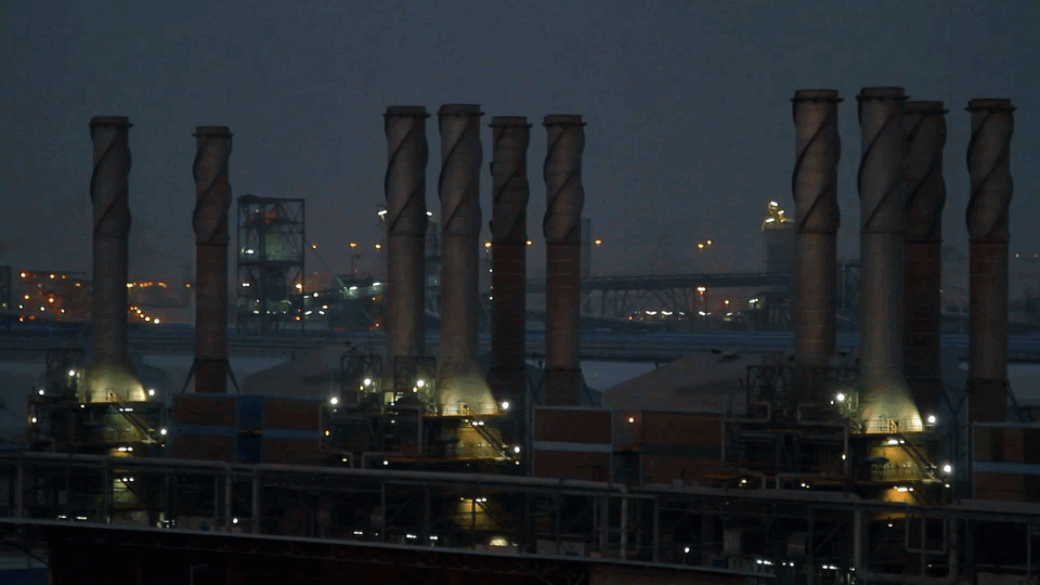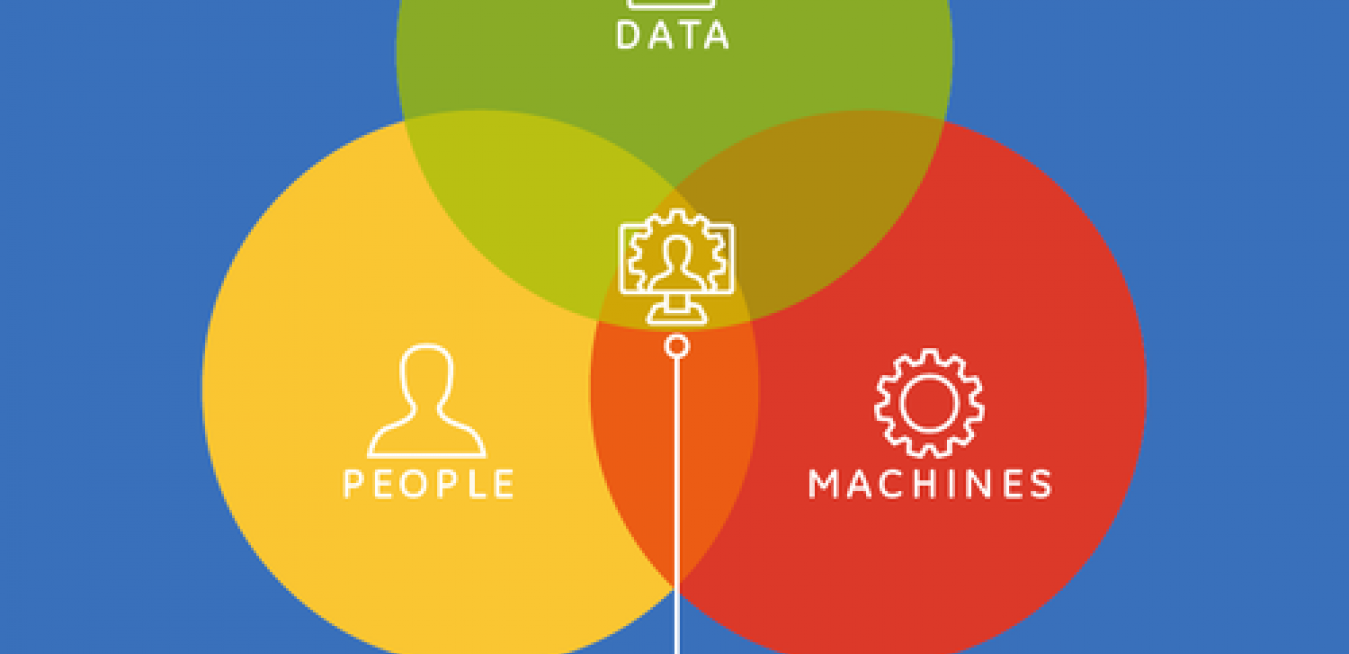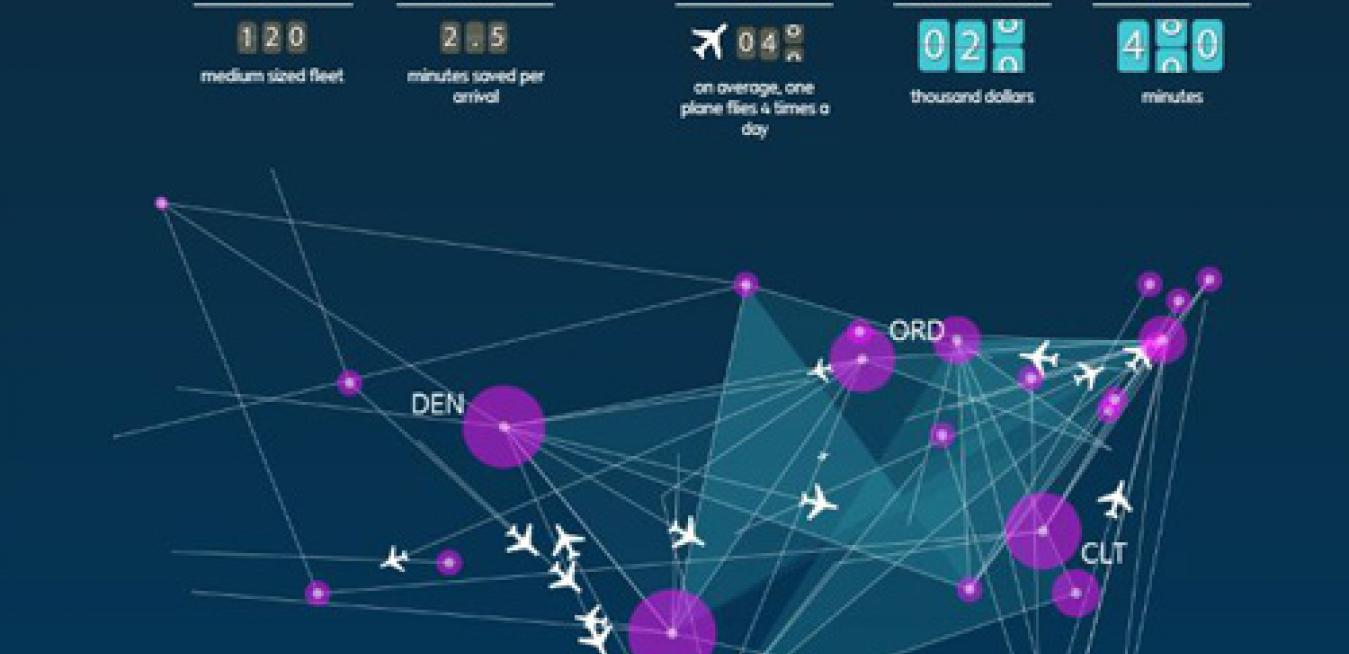The team can gain such insights because of Predix, a powerful new software platform developed by GE specifically to connect people, data and machines over the Industrial Internet.
Whatever your industry, you may have invested in Big Data in the hopes it will increase your efficiency and save you money. Perhaps you have a vision of a self-optimizing plant that gets smarter over time, gives you end-to-end visibility and saves you millions. But the results haven’t materialized, and you’re still looking for a way to turn that data into dollars.
Clean tech is increasingly about IT-enabled distributed and fully integrated energy systems that have the potential to transform lives around the world — as well as the prosperity and productivity of countries across the globe.

Blowout preventers, or BOPs, are incredibly complex machines that weigh 750,000 pounds and tower 60 feet above seafloor oil wells. They serve as the last line of defense in case anything goes wrong. It takes workers about 18 months to build one and they serve for as long as 30 years.
The Internet is no longer just about email, ecommerce or Twitter. “We are at an inflection point,” says Joe Salvo, manager of Complex Systems Engineering Laboratory at GE Global Research. “The next wave of productivity will connect brilliant machines and people.”
But before that happens, they must find a common language. “It’s still like the Tower of Babel,” Salvo says. “We need to bring them together in powerful new networks.”
When New Zealand’s Queenstown airport switched on a new, data-based GE navigation system last year, the technology cut monthly cumulative delays from 2,400 minutes to just 200 minutes. Less holding pattern meant fewer gallons of fuel burned and lower emissions. The system, called Required Navigation Performance or RNP, relies on GPS signals rather than ground based beacons. It is an example of how airlines and airports can tap the power of data to improve operations.
The Industrial Revolution radically changed the way we use energy and make things. The Internet Revolution altered how we communicate, consume information, and spend money. A combination of these two transformations, called the Industrial Internet, now links networks, data and machines. It promises to remake global industry, boost productivity, and launch an entirely new age of prosperity and robust growth.











